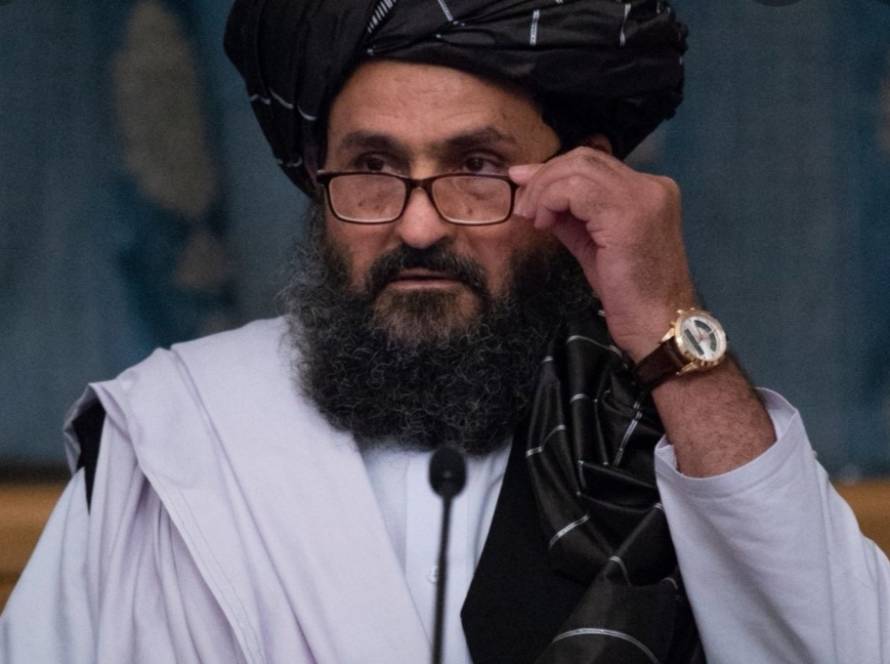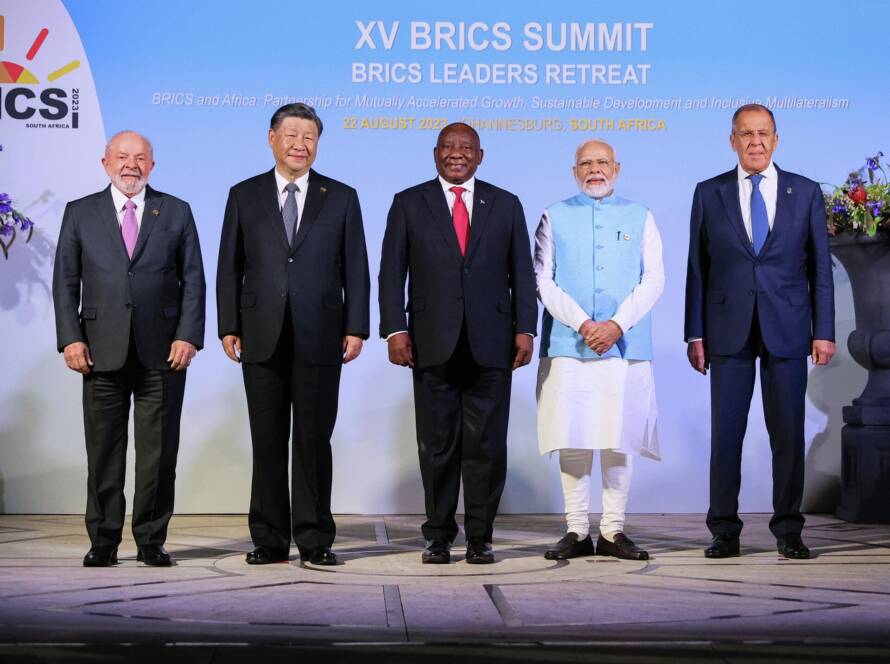By Uditha Devapriya
Sri Lanka’s future lies in its ability to balance the three great powers in – and not of – the Indian Ocean: India, China, and the US, and in that order. Its dilemma has something to do with it being a small state, but more importantly with it being a small state that happens to flank the most powerful player in the region, which in turn happens to flank its immediate rival – which happens to be a major power. Ukraine does not face this trilemma: it borders on Russia, and Russia claims to be besieged by NATO, but NATO is too far away to intervene in Eastern Europe the same way China can in the Indian Ocean. China is not interventionist as the NATO powers are, of course, but then NATO has a proxy in New Delhi.
There are those who claim that Sri Lanka must hedge all its bets on Delhi, that Sri Lanka’s destiny lies with India. I am not discounting such arguments. But successive governments here have confused closer relations with whatever country for capitulations to the interests of such countries. Moreover, there is a tendency to regard India as one geographic unit. That is not so. India is a country of nuclear reactors and space shuttles, but it is also a land of botched promises and grinding poverty. It sends a shuttle to land on the moon, yet at the same time a global semiconductor manufacturer chooses to withdraw from a venture with one of the country’s top conglomerates, despite the advantages, to India’s Western allies as much to India itself, of shifting production away from China.
Ranil Wickremesinghe’s recent visit to India underlies these complexities only too clearly. On the one hand, there is a consensus that Delhi should be appeased. On the other, there is a countervailing view, bordering on a consensus, that this cannot be so at the expense of its commitments to other countries, especially China. Beijing’s decision to send a high-ranking Communist Party official at the same time Ranil Wickremesinghe flew to New Delhi is a clear indication that China has not given up on Sri Lanka and that it sees Sri Lanka as a node in the Belt and Road Initiative, regardless of India’s outreach in the island. In Colombo, Yuan Jiajun emphasised cooperation between Colombo and China via Chongqing, a stronghold in the BRI and the centre of the New International Land-Sea Trade Corridor.
Sri Lanka can benefit substantively from these relations, and India should not always be seen as an obstacle to them. Indeed, my reading of the situation is that India will not intervene against Chinese projects in Sri Lanka so long as China does not go beyond the redlines that Delhi has set for the island. China’s decision to withdraw from renewable energy projects in the North shows that India will have the last say in that province and to the same extent in the East. Besides, the prevailing attitude to China in such regions is one of hostility: ordinary Tamils do not view Beijing favourably, partly because of its association with the Rajapaksas but also because China, unlike India, will not take up their cause. Minority grievances do not and will not affect China’s relations with its partners, here or elsewhere.
This is not to say India’s interests in the North and East are limited to or circumscribed by its concern for ordinary Tamils. It views the latter as an extension of one of its most important constituencies, South India. The BJP government is actively courting South India and in fact sees the region as an important bulwark against China: over the decades, for instance, India has strategically shifted its nuclear reactors away from the north and west and to the south. Given this it must appease the south and any problem concerning Tamils in Sri Lanka’s north will affect the centre’s relations with the region. There is a moral dimension to all this, but India’s ties with Sri Lankan Tamils – even Estate Tamils – go beyond that dimension. Indeed, concerns about minority groups tend to be coloured by geopolitics so much – the US, to give one example, shifted course on Kashmir after Pakistan stopped being an ally – that there is no use framing or debating them from a moral standpoint.
Nevertheless, the Tamil issue remains an important factor tying Sri Lanka to India and pre-empting total rapprochement between Colombo and Beijing. The US obviously sees this or imagines it to be to its benefit and conducts its relations with Delhi in the hopes of gaining leverage in the Palk Strait and Bay of Bengal. There is an ongoing debate, however, whether India would be so willing as to allow itself to be manipulated in its dealings with Sri Lanka and China by Washington. Some say it would, others that it would not. Both views are, the way I see it, valid. Yet India’s reluctance to see Europe’s problems as the world’s problems clearly distances or distinguishes it from a country like Japan or South Korea, which have a vested interest in closer military-security ties with Washington vis-à-vis China. At the same time, its willingness to turn a shipyard in Kattupalli in North Chennai into a repair hub for the US Navy shows that it too has an interest in expanding such ties.
To sum up, then: India has too many grievances with China to imagine a rapprochement any time soon. India’s vision for the Indian Ocean, in that sense, will align with the US’s. Yet this does not necessarily mean India will deter China from engaging with Sri Lanka. It will allow China to engage with Sri Lanka, perhaps more so than the US would like, so long as China sticks to certain limits. On the other hand, while New Delhi has its own strategy for Sri Lanka and this may not completely align with Washington’s, India and the US will come to a tacit understanding regarding Sri Lanka. There will, in other words, be a gentleman’s agreement. In any case, what with a Japanese delegation also visiting Sri Lanka this week, Sri Lanka has turned into a theatre or a playground for all these interests. Whether Sri Lanka’s less than stellar foreign policy establishment will commit to the balancing act that calls for remains to be seen. My guess is it will not. This obviously requires urgent attention.
Uditha Devapriya is the Chief Analyst – International Relations at Factum and can be reached at uditha@factum.lk.
Factum is an Asia Pacific-focused think tank on International Relations, Tech Cooperation, and Strategic Communications accessible via www.factum.lk.
The views expressed here are the author’s own and do not necessarily reflect the organization’s.


